From Molecules to Organisms: Structures and Processes

Educators and Parents, Sign Up for The Cheat Sheet
Weekly updates to help you use Science News Explores in the learning environment
Thank you for signing up!
There was a problem signing you up.
-
 Tech
TechOne day, computers may decode your dreams
Scientists are learning how to translate brain activity into words and thoughts. This may one day allow people to control devices with their minds.
-
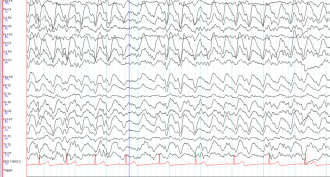 Brain
BrainExplainer: How to read brain activity
Electricity underlies the chattering of brain cells. Here’s how scientists eavesdrop on those conversations.
-
 Health & Medicine
Health & MedicineGirls take note: Corn fiber can strengthen bones
Two new studies show that soluble corn fiber could help women improve bone health.
By Dinsa Sachan -
 Brain
BrainMice brains hint at how bodies keep their cool
Nerve cells in mice can keep the body cool and may prevent high fevers. The discovery could have implications for obesity and other health issues.
-
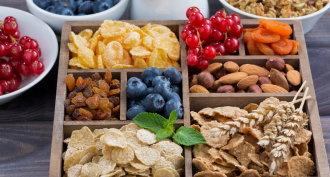 Health & Medicine
Health & MedicineThis supplement makes calorie-rich foods less tempting
A supplement that contains the fatty acid propionate causes the brain to rate high-calorie foods less appealing.
-
 Plants
PlantsYoung sunflowers keep time
The plants don’t just use light to follow the sun. An internal clock helps their stems bend as the sun moves across the sky.
-
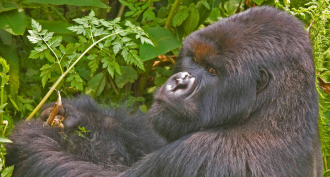 Health & Medicine
Health & MedicineCool Jobs: Linking animal health to human health
Scientists who watch out for diseases in wild animals also can play a role in keeping people from getting sick.
By Liz Devitt -
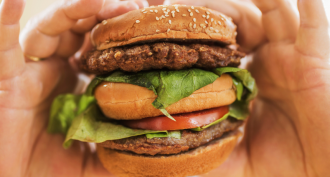 Health & Medicine
Health & MedicineGrandparents’ diet could be a weighty issue for grandkids
Australian scientists have found that fat mice can pass on a heightened risk of obesity to their sons and grandsons.
By Dinsa Sachan -
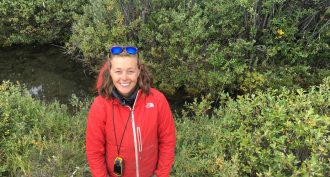
A Day in the Life: Arctic ecologist
Ever wonder what a scientist in the Arctic does all day? Mary Kate Swenarton scrubs rocks, catches fish and measures stream flow, depth, temperature and more.
-
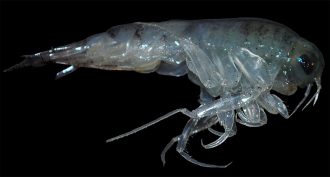 Ecosystems
EcosystemsAlgae embedded in sea ice drive the Arctic food web
Scientists traced where zooplankton in the Arctic get their energy from. Many open ocean species rely on algae found in sea ice, which is disappearing.
-
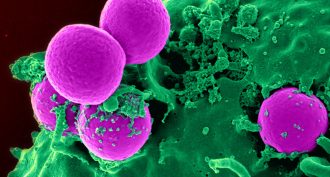 Microbes
MicrobesStaph infections? The nose knows how to fight them
Bacteria living in some people’s noses make a compound that could help fight a nasty type of infection that laughs at other antibiotics.
By Eva Emerson -
 Health & Medicine
Health & MedicineBlame your ‘environment’ for your taste in music
Some scientists had thought we are born with our musical tastes. But a new study finds that what the ear prefers depends on what we listened to as we were growing up.